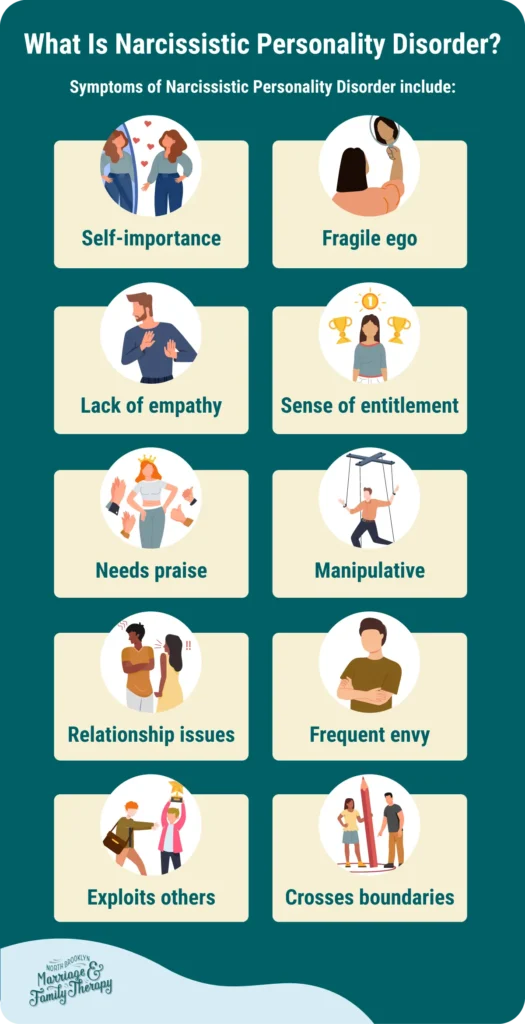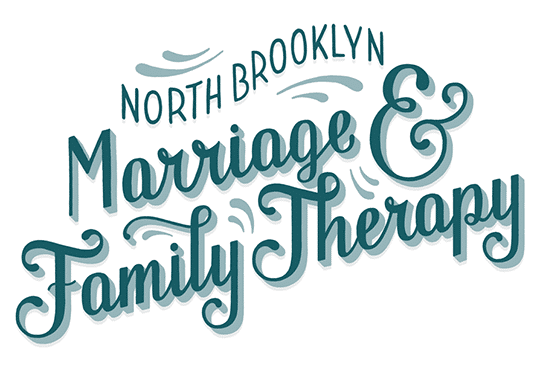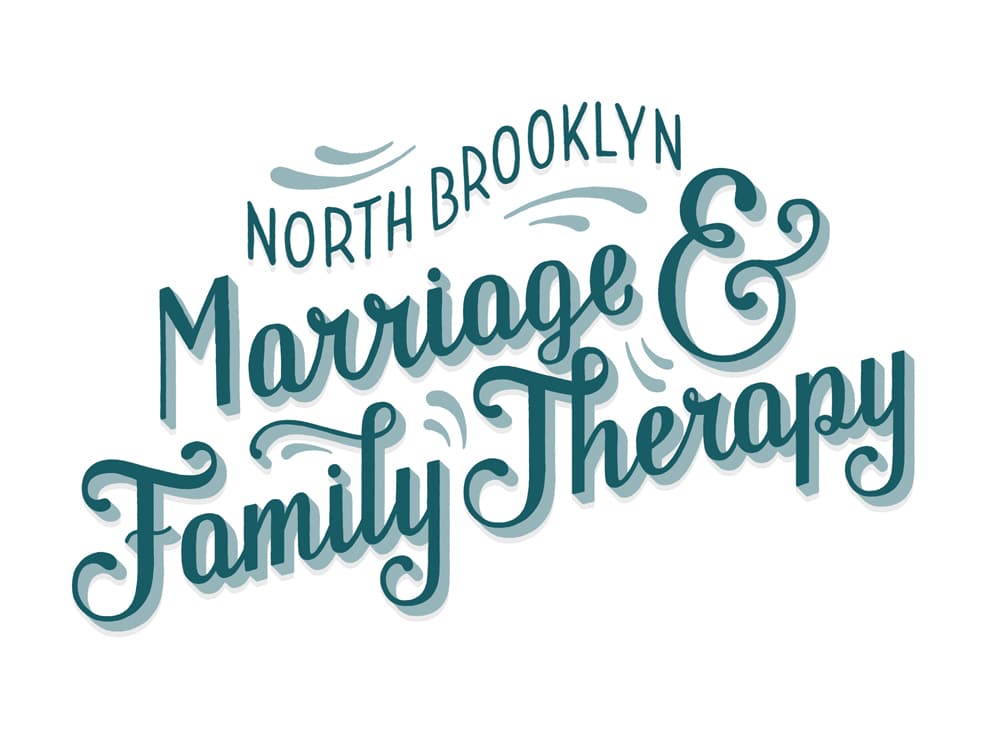The word “narcissist” has made its way into everyday conversation. It shows up in articles, TikToks, and even arguments between friends or partners. However, when a clinical term gets used casually, its meaning starts to blur. That’s exactly what’s happening here.
This article is part of our myth-busting series, where we examine mental health terms that are often misunderstood. Today, we’re unpacking narcissism: what it really means, why the word gets thrown around so much, and how using it too loosely can actually make it harder to build understanding in our relationships.
Why Is Everyone Using the Term Narcissist?
In recent years, “narcissist” has become a kind of shorthand insult. If someone is selfish, self-absorbed, or inconsiderate, it’s tempting to slap the label on them. Social media, reality TV, and quick-hit pop psychology articles have only fueled the trend, turning the term into a buzzword rather than a diagnosis.
Calling someone a narcissist has become a cultural reflex. It’s a way to dismiss people who hurt us, ignore our needs, or act self-centered. From breakups to workplace frustrations to TikTok comment sections, the word gets used as a weapon.
But here’s the problem: This habit blurs the line between everyday conflict and Narcissistic Personality Disorder (NPD), a serious mental health condition.
The overuse of the term “narcissism” makes it seem like the trait is everywhere, when in reality, true NPD is relatively rare. What may actually be on the rise is our willingness to pathologize normal human flaws instead of wrestling with the discomfort of complex relationships.
Using the term narcissist may be offensive
The word “narcissist” isn’t inherently negative when used in the right context. But casually throwing it around as an insult can cause harm. NPD is a diagnosis that should only be made by a trained professional, not by a friend, partner, or co-worker in the heat of a conflict. Also, labeling someone in this way shuts down accountability and growth.
Relationships are complicated. People may act in narcissistic ways when they feel threatened, insecure, or overwhelmed, but that doesn’t necessarily mean they have a personality disorder.
“Words carry power. When we call someone a “narcissist,” we can unintentionally close the door to compassion and understanding. Everyone has a story, and while hurtful behavior needs to be addressed, reducing someone to a single word, especially when used incorrectly, keeps us from seeing the whole person.”
– Jennifer Aull, Founder and Director of North Brooklyn MFT
How can I tell if someone is really narcissistic?

NPD is more than being self-absorbed or difficult. It’s a diagnosable condition that usually stems from deep insecurity, unmet emotional needs, or early trauma. The key is that it affects someone’s overall functioning and their ability to maintain healthy, reciprocal relationships.
Some of the most common narcissistic traits include:
- Grandiosity: An inflated sense of self-importance often shows up without real achievements to support it.
- Lack of empathy: Difficulty recognizing or caring about the feelings of others is a common trait.
- A need for admiration: A constant desire for praise and validation can drive much of a person’s behavior.
- Difficulty maintaining relationships: Genuine, lasting connections are often hard to build or sustain.
- Exploitation of others: Other people may be used as tools to reach personal goals, regardless of the impact.
- Fragile self-esteem: Even mild criticism can trigger intense anger, shame, or withdrawal.
- Sense of entitlement: A belief that one deserves special treatment or exceptions is often present.
- Manipulative behavior: Charm, guilt, or pressure may be used to control or influence others.
- Envy: This can appear as resentment toward others’ success or the assumption that others are envious of them.
- Difficulty handling boundaries: Limits set by others may be ignored, tested, or resented.
It’s important to remember that having one or two of these traits doesn’t mean someone has NPD. It’s the overall pattern, severity, and impact on daily life that make the difference.
Can someone show narcissistic traits but not be a narcissist?
Yes, many people display narcissistic behaviors from time to time. Think of moments when you’ve been defensive, needed extra validation, or struggled to see someone else’s perspective. Those traits don’t necessarily add up to a disorder.
In fact, labeling every instance of selfish or self-centered behavior as narcissism can prevent us from having honest conversations about conflict. It’s possible to acknowledge when behavior is harmful without reducing a whole person to one label.
Moving From Labels Toward Understanding
At the end of the day, labels rarely capture the full picture. There’s a big difference between someone showing narcissistic traits and someone living with NPD. When we rush to call someone a narcissist, we miss an opportunity to understand what’s really happening in the relationship.
Instead of focusing on diagnosing others, we can pay attention to how their behavior affects us. What do we need to feel safe, respected, or valued? How can we set boundaries that protect our well-being? Real healing means naming harmful behavior while still holding space for the complexity of being human.
If you find yourself in a relationship where you’re unsure how to navigate someone’s behavior, it may be helpful to talk through it with a therapist. At North Brooklyn Marriage and Family Therapy, our team can help you sort through the confusion, identify patterns, and find healthier ways forward.


